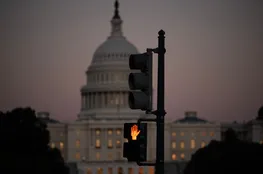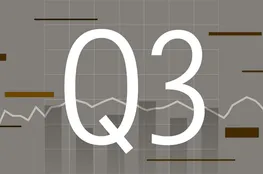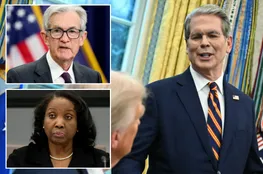The era of zero interest rates and negligible inflation has concluded, according to Morgan Stanley's CEO, Ted Pick. During a finance CEO panel in Riyadh, Pick emphasized that financial conditions that previously included low or zero interest rates and minimal inflation are things of the past. "The end of financial repression is here to stay," Pick noted, anticipating higher interest rates globally as a persistent economic challenge. These remarks allude to the unpredictability introduced by geopolitical factors, a topic popularized by Francis Fukuyama's 1992 publication, "The End of History and the...
...Last Man." Fukuyama's work optimistically suggested that ideological conflicts had concluded post-Cold War, but Pick argues that new economic challenges have arisen. The shift from the previous low-rate environment became evident from early 2022. The Federal Reserve drastically increased its benchmark rates by about 500 basis points over an 18-month span, reversing the trend of near-zero rates necessitated by the Covid-19 pandemic. This aggressive adjustment eliminated what Pick described as the "sugar high" scenario—where small firms could easily go public with underdeveloped business plans.
The sudden economic halt was challenging, marking a stark transition from relaxed financial conditions to a more demanding environment. "It's a more normalized cadence now," Pick explained at the Future Investment Initiative in Saudi Arabia. The panel, hosted by CNBC's Sara Eisen, focused on the complex climate facing public companies today. In September, the Federal Reserve made headlines with a 50 basis points cut in its benchmark rate, the first such move since March 2020. This shift indicated a change in the U.S. economic management strategy, hinting at a new approach towards managing inflation.
Despite J.P. Morgan and Fitch Ratings forecasting further rate reductions by the end of 2024, not all industry leaders share this outlook. During another discussion at the Future Investment Initiative, prominent leaders from firms like Goldman Sachs, Carlyle, and State Street were skeptical about further reductions. None of the executives present suggested imminent rate cuts, indicating a strong belief in sustained inflation pressure. This division among financial giants underscores the uncertain path ahead for global economic management.
























